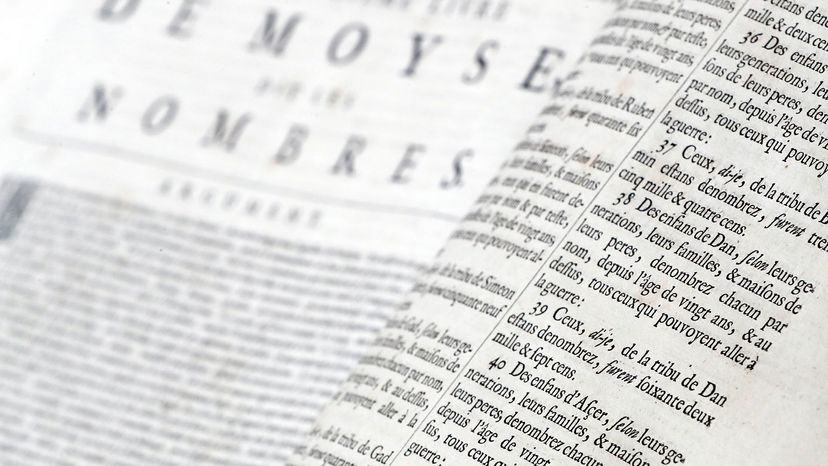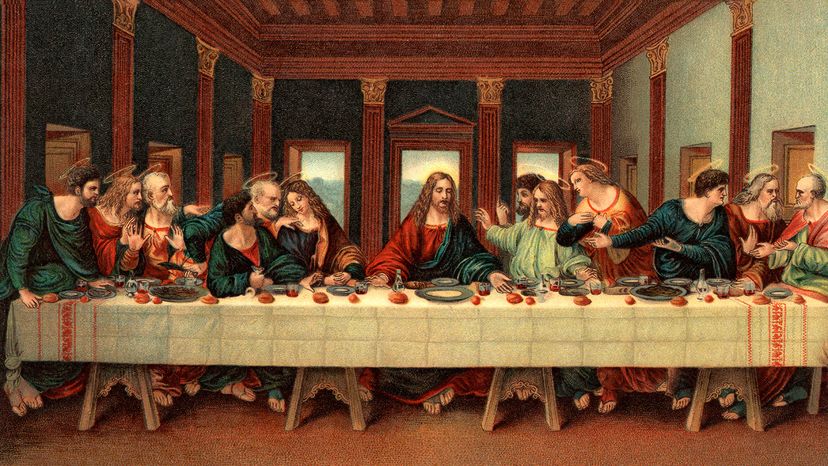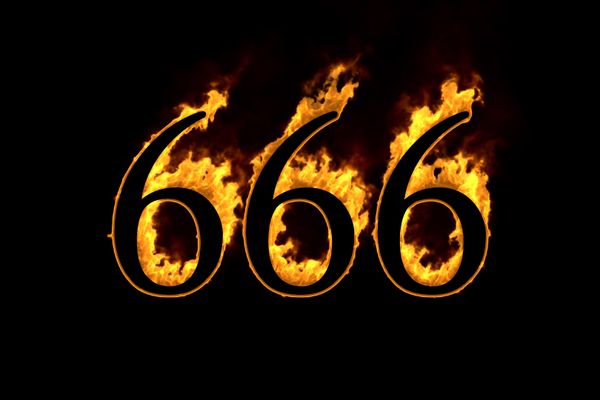
Key Takeaways
- The Bible uses numbers not only literally but also symbolically, influenced by ancient beliefs in their mystical significance.
- Techniques like gematria and isopsephy show how historical interpreters used numerical values of words to find deeper meanings, although modern scholars often dismiss such methods.
- Some numbers, like 666 or 153, have drawn extensive interpretation and speculation about their deeper biblical meanings.
The Bible is full of numbers — how many rivers flowed out of the Garden of Eden (4), the length, in cubits, of the walls of Solomon's temple (60), how many souls will be "sealed" in the Second Coming (144,000), etc.
But what are we to make of all of those numbers? Do we take them at face value or invest them with mystical significance?
Advertisement
The Greek philosopher Pythagoras, who lived in the sixth century B.C.E., was the first to teach that numbers themselves had meaning beyond counting and calculating. Numbers were esoteric symbols with divine significance. Both Jewish and later Christian readers of the Bible took inspiration from Pythagoras and attempted to derive mystical meanings from numbers using all manner of creative methods, writes John Davis, author of "Biblical Numerology: A Basic Study of the Use of Numbers in the Bible."
For example, in both the Hebrew and Greek languages, letters and words also have numerical values. Since there were no Arabic numerals back then (1, 2, 3, etc.), numbers were written out with letters. In Greek, alpha is 1, beta is 2 and so on. What this means is that you can take any word from the original Greek New Testament and turn it into a number. Or take any number and turn it into a word.
In Hebrew, the practice of assigning symbolic meaning to the numerical values of words is called gematria and was popular with kabbalists and Jewish mystics. In Greek, it's called isopsephy and was a favorite technique employed by Christian gnostics searching for deeper meaning in the New Testament.
Today, these practices survive as "biblical numerology," the popular belief that God reveals hidden meanings through the numbers written in the Bible. There are countless websites and books devoted to decoding divine mysteries by deploying creative math on Bible verses.
Serious scholars of the Bible are quick to dismiss numerology as a playful lark, but not as a legitimate way of interpreting scripture or grasping spiritual truths. Davis, a believing Christian who wrote the aforementioned book on biblical numerology, concluded that "the whole system must be rejected as a valid form of exegesis [critical interpretation of the Bible]" and that "such interpretations are purely artificial and arbitrary and have no place in Christian theology."
That said, certain biblical numbers are hard to ignore, especially those that recur with frequency (7, 12, 40) and numbers invested with centuries of symbolism (666!). So let's see what we can figure out about the symbolism and significance of the most famous biblical numbers.
Advertisement



